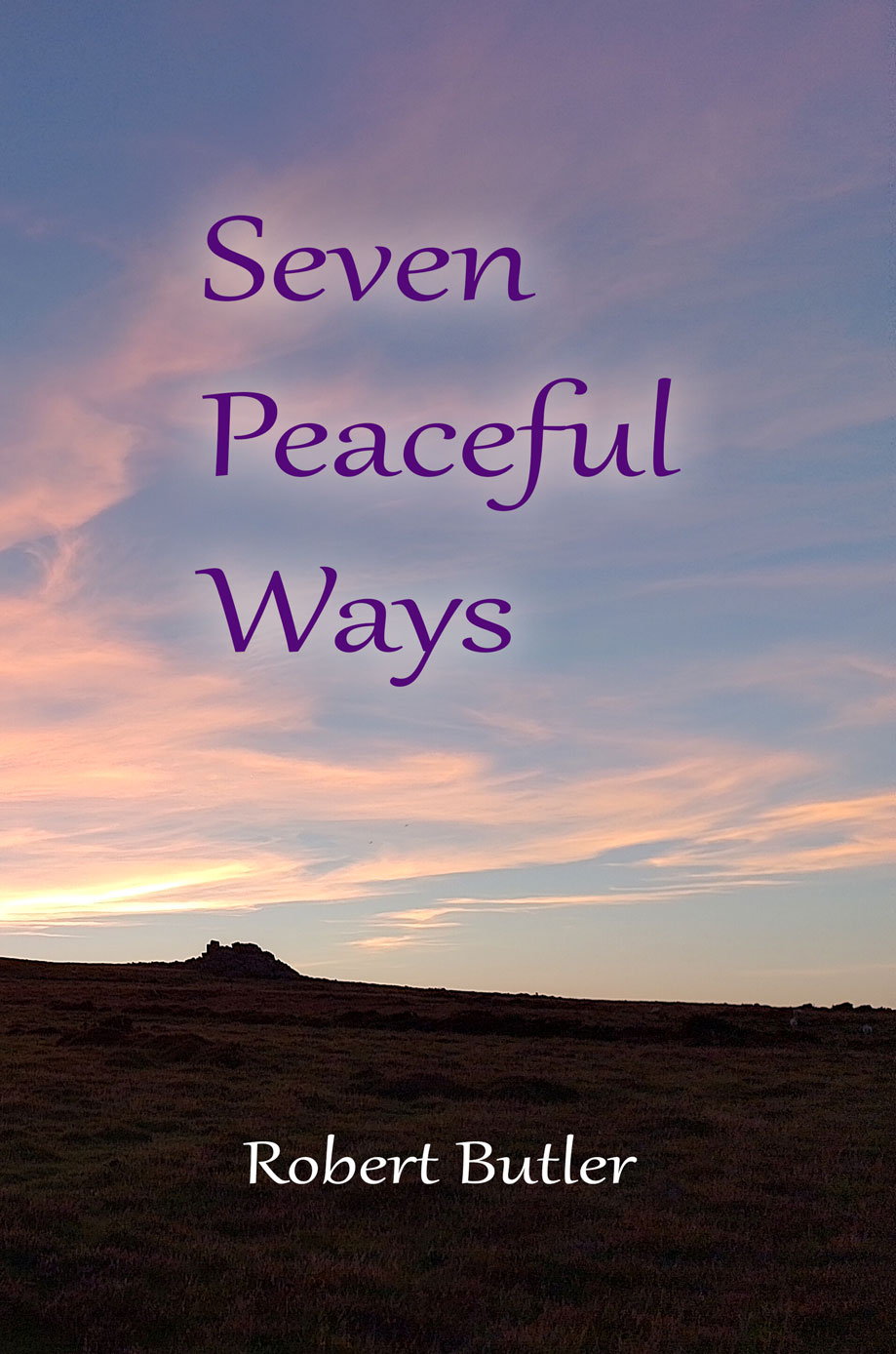The essence of this practice is to remember that any “truth” you can speak of will only be a relative truth. Absolute Truth is beyond all expression – whatever you say about it will not be it. Therefore it is advisable not to make a god of any single truth and not to preach fundamentalism.
When we practise an open-minded approach to spiritual enquiry, we can see the benefit in not making a god of any one truth. When we find something that helps us with our development, it can be better not to become overly fanatical about it.
Let’s say for example that you have been feeling very negative and then you discover the power of positive thinking. You might then want to believe that positive thinking can be the answer to all your problems and the only self-development tool you will ever need. But now imagine that you find a self-development book which says that if you feel worthless you need to own the feeling of worthlessness. Whereas the positive thinking approach may lead you to using positive affirmations and repeating to yourself statements such as “I am worthy, I am worthy”, this new book will be recommending that you own up to your feelings of worthlessness by repeating out loud “I am worthless, I am worthless” until you get a breakthrough or until the word “worthless” no longer has any hold on you.
If we become too fanatical about any one “truth” and make a god of it we run the risk of becoming blind to all the other “truths” which may help us.
If we look at these “truths” as ingredients we can see each day as an opportunity to try a new recipe. Every day is different in some way so each day we will need to bake something slightly different by using different ingredients in varying quantities. Some days we need to think more positively and other days we need to get in touch with how bad we might be feeling inside. Some days we need a bit more compassion and other days we might need a bit more assertiveness.
Personally the way I look at this is to say that whenever something is “coming up for us” (i.e. whenever we have negative emotions coming to the surface) it is best to allow those emotions to surface, to listen to them and find out what they have to tell us. In this way we allow whatever is within to express itself. But once we have identified where there is an imbalance we can then use the power of deliberate intent, affirmation and positive thinking to consciously create the kind of feelings that we do want.
By allowing whatever is within us to express itself, we are taking steps to regaining the lost parts of ourselves. By practising mindfulness we can observe and listen to the thoughts and feelings that emerge. Through non-identification we can learn to witness these thoughts and feelings which arise without identifying with them. By practising non-judgement we can ensure that we stay on course and do not get sidetracked into blame or guilt. If we pay attention we can discover the mantras which lie hidden within or behind our repetitive thoughts. When we discover these mantras (e.g. “I am worthless”) we can write them down and then consciously work on creating a better-feeling mantra.
Next Chapter: Working Through Issues >>
*** This chapter is taken from my book The Light Within ***

